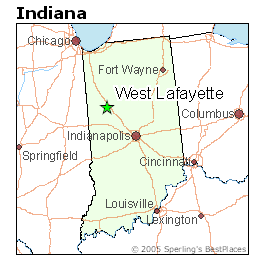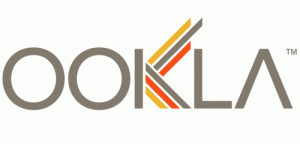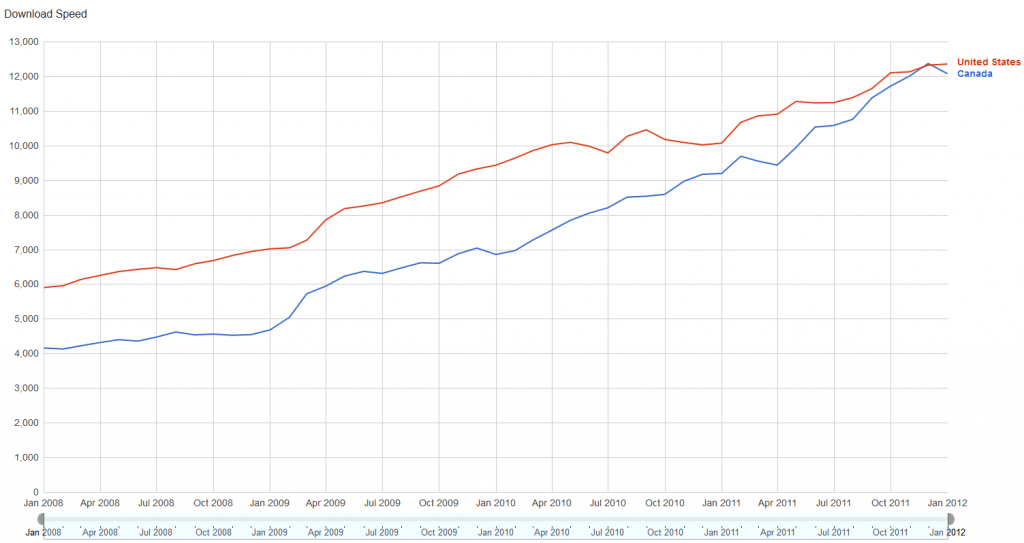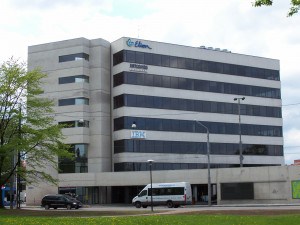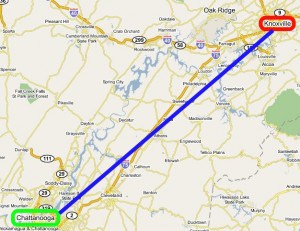In an eyebrow-raising exchange between the Heartland Institute’s Bruce Edward Walker and Dr. Joseph P. Fuhr, Jr., who produced a dollar-a-holler “research report” on behalf of corporate-backed astroturf group the Coalition for the New Economy (which lists the Heartland Institute’s Florida chapter as a member), the two dismiss Chattanooga’s award-winning EPB Fiber Network as providing lesser service than private competitors AT&T (also a member of the Coalition) and Comcast, in part because EPB “only sells customers a gig.”
An exchange between Heartland Institute’s Bruce Edward Walker and Dr. Joseph P. Fuhr, Jr. fundamentally misrepresents Chattanooga’s EPB Fiber network. At no point does Walker disclose Heartland Institute’s chapter in Florida is a member of the group that sponsored the production of Fuhr’s report. (1 minute)
You must remain on this page to hear the clip, or you can download the clip and listen later.
Walker: The government broadband services are always one step behind private industry and I’m thinking in Chattanooga, the law [sic] that they have the fastest download speeds of all government broadband in the United States, but they only offer 1Gbps service.
Fuhr: Well, one of the issues there is, well, the supply is there but they kind of have the feeling that if you build it, they will come. Well, they haven’t come. I mean they are charging $350 a month for that service and very few people are willing to subscribe. People are, for the most part, happy with slower speeds. Who really needs a gigabyte (sic) and the market shows that people don’t really need that.
Dr. Fuhr apparently does not know the difference between a “gigabyte” and a “gigabit,” so I am not sure how seriously we are supposed to take this “broadband expert.” He also does nothing to challenge Walker’s wholly-inaccurate declaration that EPB only sells customers $350 1Gbps broadband.
In fact, most of Heartland Institute’s views about EPB broadband are a big bucket of wrong:
- EPB Fiber offers the fastest fiber broadband in the United States. It is “private industry” providers Comcast and AT&T who are more than one step behind, and they refuse to sell faster service and upgrade their networks to the speeds seen in Asia and Europe that Chattanooga’s EPB customers can have today.
- There is no “law” involved in the delivery of broadband by EPB. In fact, EPB fought off attempts by incumbent operators to sue the municipally-owned provider out of the broadband business, and some of those same companies are backing the “Coalition for the New Economy” in their efforts to curtail community broadband with new laws that would make networks like EPB next to impossible to provide.
- EPB does not only offer 1Gbps service. Consumers and businesses are free to choose between several different speed tiers. As any commercial entity will tell, you 1Gbps at just $350 a month is a steal compared to the prices AT&T and Comcast would charge.
- When EPB built their fiber network, private businesses did come. In addition to media reports documenting expansion in Chattanooga from one Knoxville business, Amazon.com has announced hundreds of millions of dollars in new investments building and expanding distribution centers in and around Chattanooga, in part because EPB Fiber was available for their use.
- People are not happy with the slow speeds some providers force them to accept. It is no surprise, however, that industry-funded astroturf groups would repeat the usual provider line that people “don’t need” fast broadband that they have no plans to deliver anyway.


 Subscribe
Subscribe
